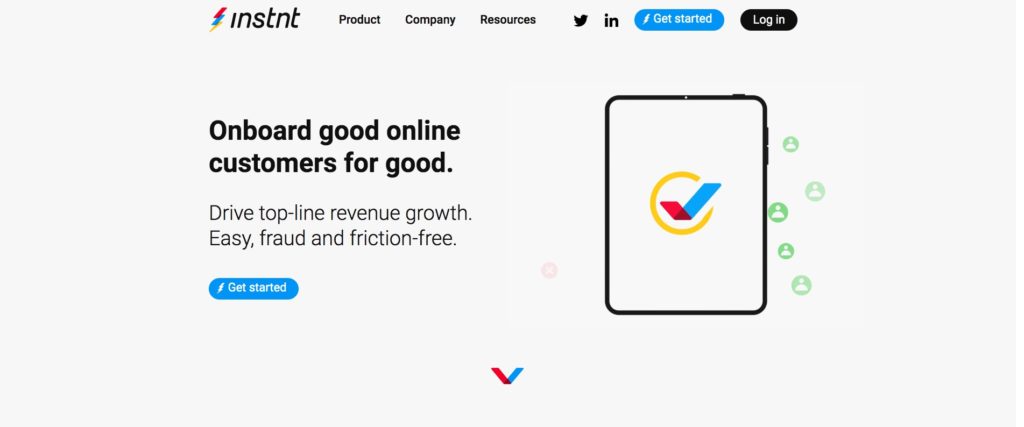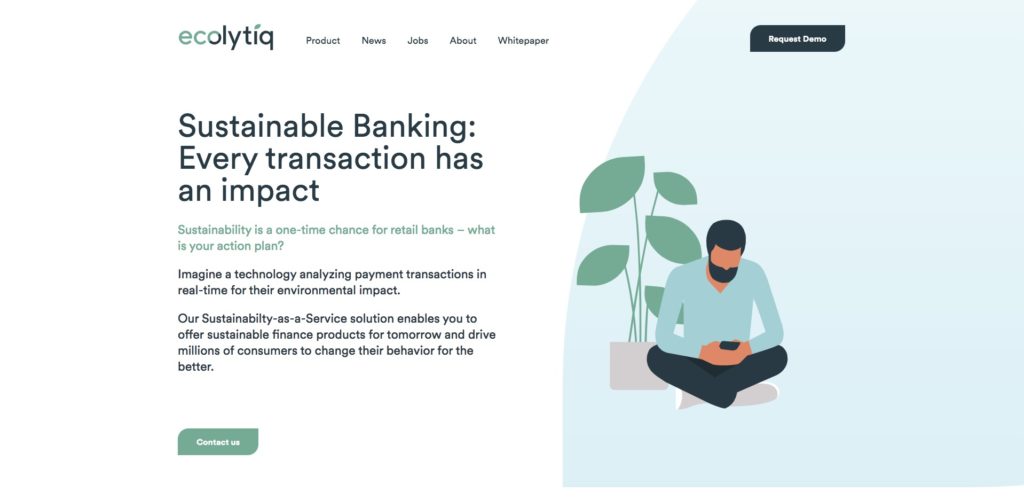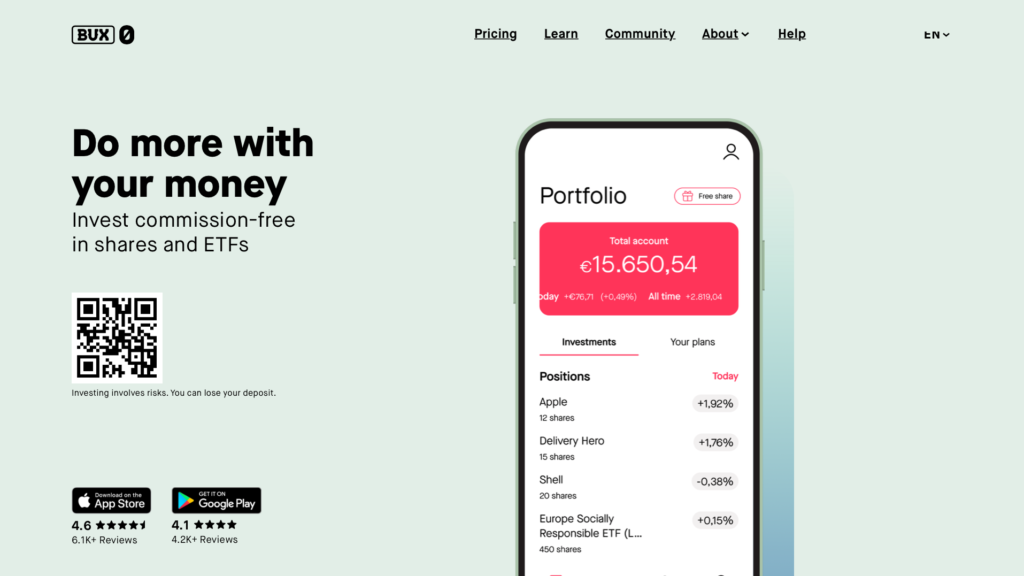
The Buy Now Pay Later (BNPL) revolution shows no signs of abating any time soon. A combination of newcomers, Buy Now Pay Later pioneers, and even credit card companies like Visa and Mastercard are figuring out new ways to integrate themselves into the biggest consumer commerce phenomenon since shopping by smartphone.
According to CNBC, which bases its analysis on data from FIS Worldpay, the Buy Now Pay Later market has an estimated value of $60 billion globally as of 2019 – though there are even higher estimates. Excluding China, this sum represents 2.6% of all e-commerce. And while BNPL represents less than 2% of sales in North America, the overall BNPL market, CNBC believes, could reach $166 billion by 2023.
Here is just a smattering of this week’s headlines from the Buy Now Pay Later beat that only underscores the velocity of the flight from credit cards and traditional consumer financing.
Stripe teams up with Klarna as BNPL competition from Square, PayPal intensifies
Klarna, a company with a long pedigree in providing consumers with alternative payment options, announced this week that it was partnering with ecommerce innovator and payments platform Stripe. The deal will enable Stripe customers in 20 countries to offer Klarna as a payment option to their customers. As part of the partnership, Klarna will use Stripe to accept payments from consumers in both the U.S. and Canada.
“Over the past years, Klarna and Stripe redefined the e-commerce experience for millions of consumers and global retailers,” Klarna Chief Technology Officer Koen Köppen said. “Together with Stripe, we will be a true growth partner for retailers of all sizes, allowing them to maximize their entrepreneurial success through our joint services. By offering convenience, flexibility, and control to even more shoppers, we create a win-win situation for both retailers and consumers alike.”
The partnership is widely seen as a way for Stripe to compete with payments rivals PayPal and Square, which have deepened their commitment to BNPL in recent months. Square agreed to acquire Australia’s Afterpay for $29 million in August. A month later, PayPal announced its $2.7 billion acquisition of Japanese Buy Now Pay Later company Paidy.
Affirm partners with American Airlines to ease cost of holiday travel
In a move well-timed to take advantage of end-of-year travel trends, American Airlines has announced a partnership with Buy Now Pay Later innovator Affirm. The collaboration will enable eligible travelers to pay for the costs of airfare over time on an installment basis, providing them with “flexibility, transparency, and control,” according to Affirm Chief Commercial Officer Silvija Martincevic. Using Affirm, travelers can pay for flights costing at least $50 with monthly installments without having to pay late fees or worry about hidden charges.
“While consumers are as eager as ever to get away,” Martincevic said, “they remain conscious of fitting travel into their budget.” Martincevic cited a survey conducted by the company that indicated that 74% of Americans queried said they would spend more on holiday travel this year “than ever before,” but that 60% were worried that they would not be able to “afford to travel as they would like to.”
The offering is currently available only to select customers, but will be expanded to include more U.S. consumers in the weeks to come. The collaboration marks the first time that American Airlines has integrated BNPL options into its website.
Marqeta and Amount announce collaboration to help banks offer BNPL
The partnership announced this week between card issuing platform Marqeta and bank technology provider Amount will make it easier for financial institutions to get into the Buy Now Pay Later business. Marqeta and Amount have forged a virtual card and loan origination partnership that will enable banks to go to market with their own BNPL/virtual card offering in months. This will help them boost revenues, grow market share, and promote loyalty.
Echoing the challenge that banks and other financial institutions face from Big Tech and fintech alike, Amount CEO Adam Hughes pointed to the partnership with Marqeta as a way for banks to close the consumer expectations gap between themselves and more tech-savvy, tech-native enterprises entering the financial services space. “Banks must compete or continue to lose market share to digital challengers who offer a more flexible way for their customers to pay,” Hughes said.
Part of what makes the Marqeta/Amount partnership interesting is how it takes advantage of research that suggests that a significant number of consumers who have used BNPL would prefer it if the service came from their bank or credit card provider. Amount’s modular approach to BNPL is configurable, easy to deploy, and integrates readily with banks’ legacy platforms, giving FIs the ability to introduce BNPL offerings over a variety of different channels and payment methods.
Berlin-based Billie banks $100 million in funding
The latest reminder of the international growth of Buy Now Pay Later comes from the $100 million investment secured by Berlin, Germany-based, B2B Buy Now Pay Later startup, Billie. The Series C round was led by U.K.-based Dawn Capital and featured participation from Tencent and, interestingly enough, Klarna. In fact, Klarna’s investment comes in the wake of a strategic partnership with Billie in which the two companies will integrate their service to better leverage their core competencies, with Billie serving business customers and Klarna handling retail consumers.
“BNPL for B2B is still in its infancy phase,” Klarna CEO and co-founder Sebastian Siemiatkowski explained, “even though the demand has never been higher. We are here to solve problems and by being able to offer this service to our merchant partners together with Billie, we are doing just that.”
The Series C round gives Billie a valuation of $640 million, and is believed to be the largest B2B Buy Now Pay Later funding round to-date. Co-founder and co-CEO of Billie, Dr. Matthias Knecht noted that those companies buying from larger businesses and individual retailers are increasingly embracing a “digital-first” approach that includes not just “modern user interfaces, high limits for shopping carts, as well as real-time decisions for B2B” but options like BNPL, as well. “There is nearly no provider of a BNPL product (for these companies) like what Klarna offers for B2C,” Knecht said. “We aim to close this gap.”
Visa expands BNPL offerings in Canada via partnership with Moneris
International card company and financial services provider Visa has been making inroads of its own into the Buy Now Pay Later market. This week, the company made headlines in the Canadian fintech news space via a new collaboration with unified commerce company Moneris.
“We’re happy to be working with a trusted brand like Visa Canada on providing a buy now pay later option to Canadians,” Moneris Chief Product and Partnership Officer Patrick Diab said. “Bringing flexible payment methods like buy now pay later to our merchants helps them offer their customers more options when it comes time to pay.”
Courtesy of the new collaboration, merchants partnered with Moneris will be able to leverage Visa’s BNPL solution – Visa Installments – to give eligible Canadian credit cardholders access to installment payments on qualifying purchases. Cardholders can use the existing credit on their cards to pay for purchases in smaller, equal payments over a defined time period, with no additional, new service sign ups or requirement to apply for a new line of credit.
Moneris is set to begin offering Visa Installments to its customers by the spring of 2022.
Photo by Karolina Grabowska from Pexels




























